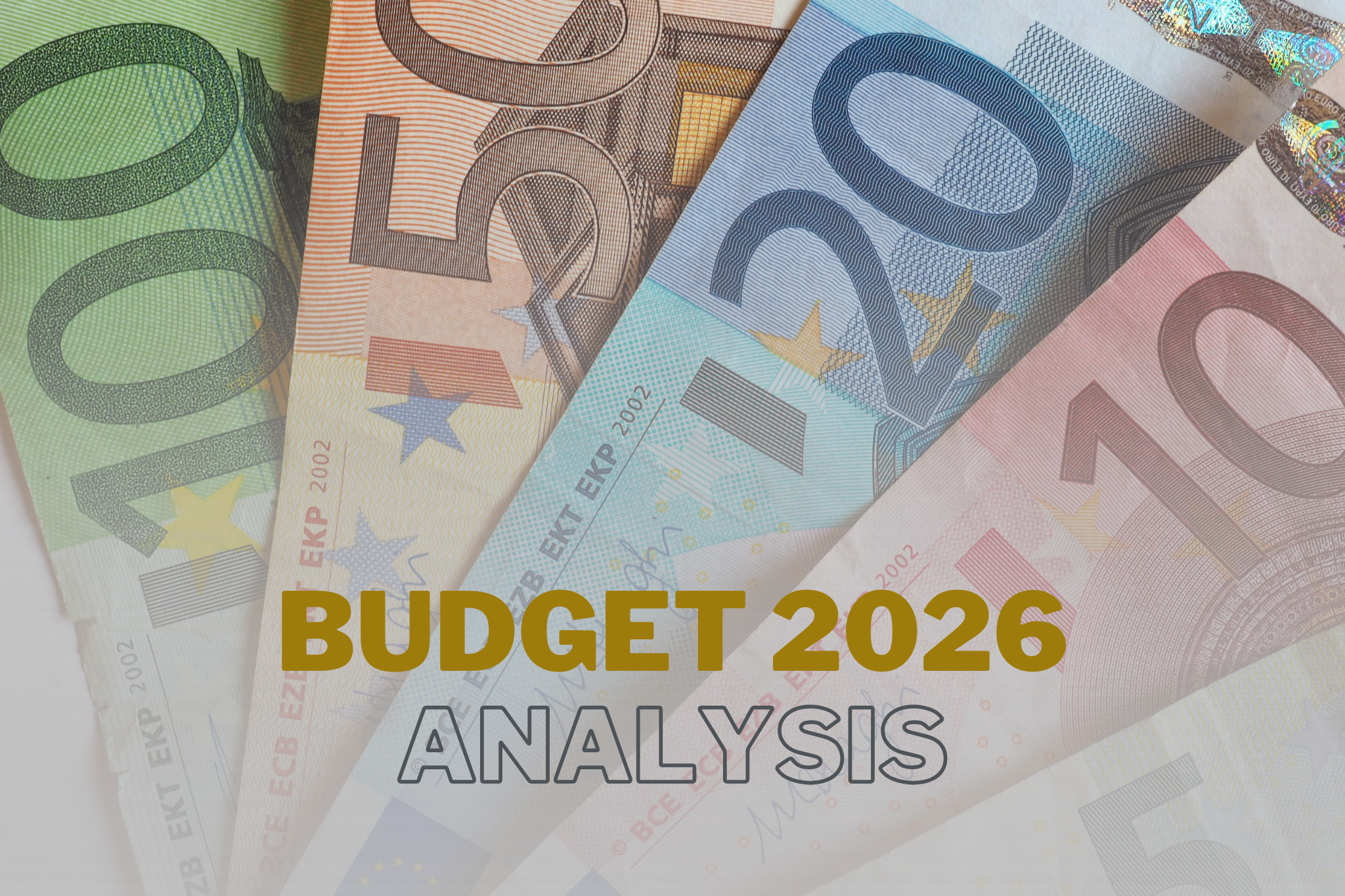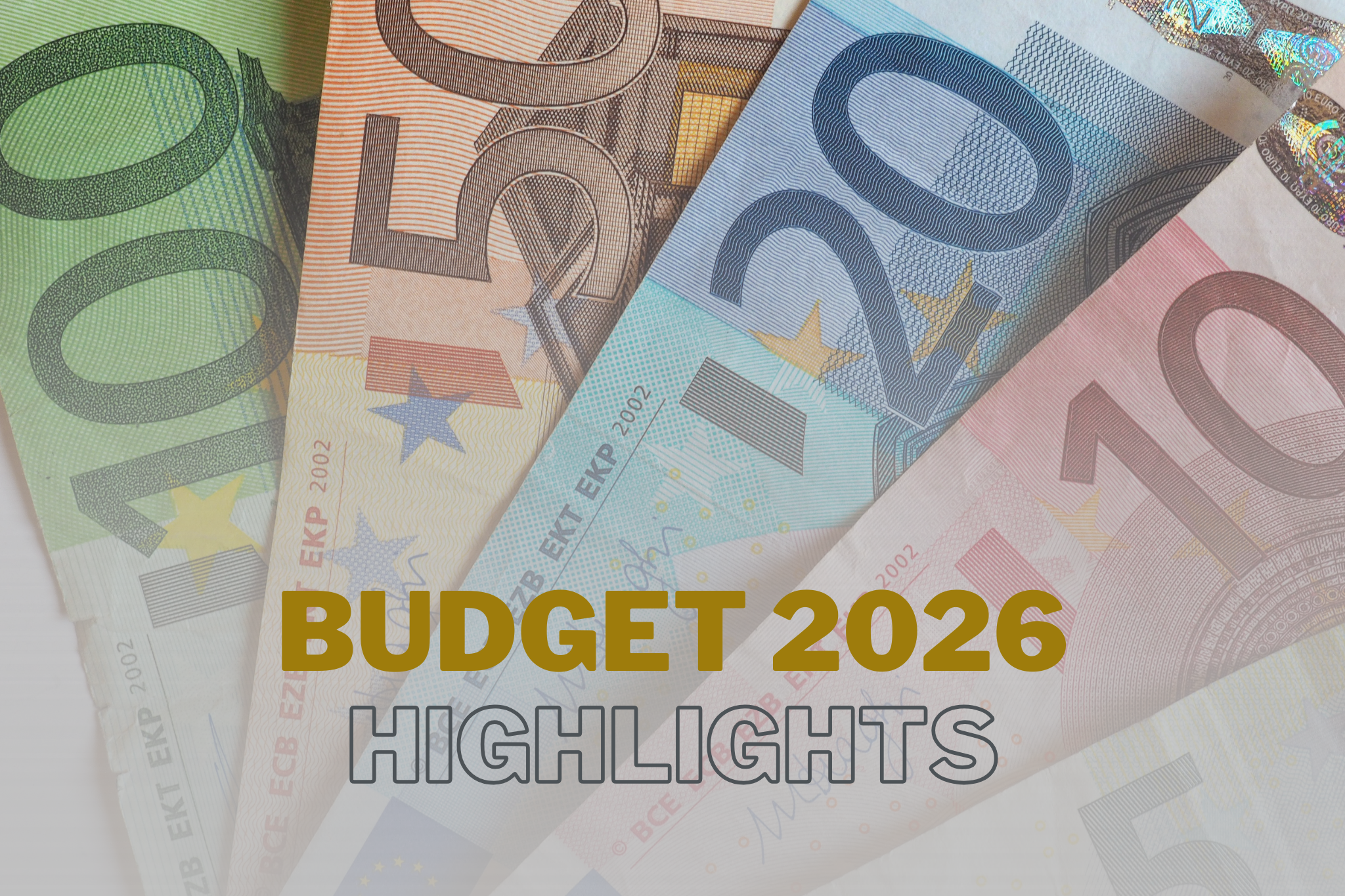 In accordance with the Companies Act 2014, an Irish company may only pay a dividend out of distributable reserves. A company cannot lawfully distribute capital or pre‑acquisition profits.
In accordance with the Companies Act 2014, an Irish company may only pay a dividend out of distributable reserves. A company cannot lawfully distribute capital or pre‑acquisition profits.
All dividends must be paid proportionally to the amount of shares held, subject to any special rights attached to specific share classes.
Tax Treatment of Dividends from Irish Companies
When an Irish company pays a dividend, it is obliged to deduct Dividend Withholding Tax (DWT) at 25% from dividend payments before distributing them to shareholders. This applies to both resident and non‑resident shareholders, unless an exemption applies.
The company paying the dividend must file details of the distribution and remit withheld tax within 14 days of the end of the month in which dividends are paid.
Exemptions from Dividend Withholding Tax
Under the EU Parent/Subsidiary Directive, no DWT is deducted from any distributions made by an Irish resident subsidiary to its parent in another EU Member State. In addition, exemptions from DWT apply in the following circumstances:
- Payment to Irish resident companies.
- Payment is to excluded Irish resident persons – certain pension funds, charities and other approved entities.
- Payments to qualifying non-resident individuals.
- Payments to qualifying non-resident companies.
- Payments to qualifying non-resident persons (not being an individual or company).
For the above categories, a completed exemption form must be retained by the company paying the dividend. The exemption forms for corporates and other non-individuals are self-certified, however, in respect of non-resident individuals, their exemption must be certified by the tax authorities in which they are tax resident. The paying company should ensure they renew any exemption certificates every six years.
In the absence of a valid exemption certificate DWT must be applied.
Personal Taxation of Dividend Income
Irish resident individuals are liable to tax on the dividends received from Irish Companies. The dividend income is added to an individual’s total income for the year and liable to tax, USC and PRSI. A credit is granted for the DWT paid.
While the focus is on dividends from Irish companies, it is useful to contrast how foreign dividends are taxed for Irish residents for example:
- UK dividends: Taxed in Ireland on the net amount received, with no credit for UK withholding.
- US dividends: Withholding is typically 30% but reduced to 15% with a W‑8BEN. Ireland taxes the gross, with credit for US withholding.
- Other foreign dividends: Again, taxed in Ireland but depending on where a tax treaty exists between Ireland and the paying country and the conditions thereof, the rate of withholding tax may be reduced or provide relief in respect of the foreign tax withheld.
- Foreign dividends received by an Irish tax resident individual may suffer Irish Encashment Tax. A credit is available an individual’s Irish tax liability for the Encashment Tax.
Corporate Tax Treatment of Dividends
Irish dividends received by Irish resident companies are considered Franked Investment Income and are exempt from Corporation Tax.
Additionally, from January 1, 2025, a participation exemption applies to qualifying foreign dividends where the shareholder holds at least 5% of the company for 12 months, making such dividends exempt from Irish corporation tax.
If foreign dividends do not meet the criteria for the participation exemption, they are typically subject to Irish Corporation Tax at the standard rate of 25%. However, a reduced rate of 12.5% applies if the dividend is paid from trading profits, provided that, during the relevant period from which the profits are derived:
- The company distributing the dividend is resident in an EU Member State or a country with which Ireland has a Double Taxation Agreement (DTA); or
- The main class of shares of the company paying the dividend (or its parent holding at least 75% ownership) has been substantially and regularly traded on a recognised stock exchange in Ireland, the EU, or a DTA country.
The 12.5% regime for foreign dividends has been extended to dividends paid out of trading profits by:
- A company that is resident in a non-treaty country where the company is owned directly or indirectly by a public company; and
- A company that is resident in a territory that has ratified the Convention on Mutual Administrative Assistance in Tax Matters.
Where foreign tax on some dividends exceeds the Irish tax payable, the excess credit may be offset against Irish tax arising on other foreign dividends where the foreign tax is less than the Irish tax.
Unused credits can be carried forward indefinitely, but must be reduced by the Irish tax rate, and offset in the same way in subsequent accounting periods.
Excess foreign tax credits arising on dividends must be split into two between credits arising on 12.5% dividends and credits arising on 25% dividends, as excess credits from 12.5% dividends cannot be offset against Irish tax on 25% dividends.
If you require any assistance in this area, please contact us.


 Revenue updated its Relevant Contracts Tax Manual in June 2025 to include a detailed section on contracts for the acquisition of property, especially where both construction services and land supply are involved.
Revenue updated its Relevant Contracts Tax Manual in June 2025 to include a detailed section on contracts for the acquisition of property, especially where both construction services and land supply are involved.

 Minister for Finance, Paschal Donohoe delivered the final Budget today, 7 October 2025. Below we outline the highlights of Budget 2026.
Minister for Finance, Paschal Donohoe delivered the final Budget today, 7 October 2025. Below we outline the highlights of Budget 2026.


